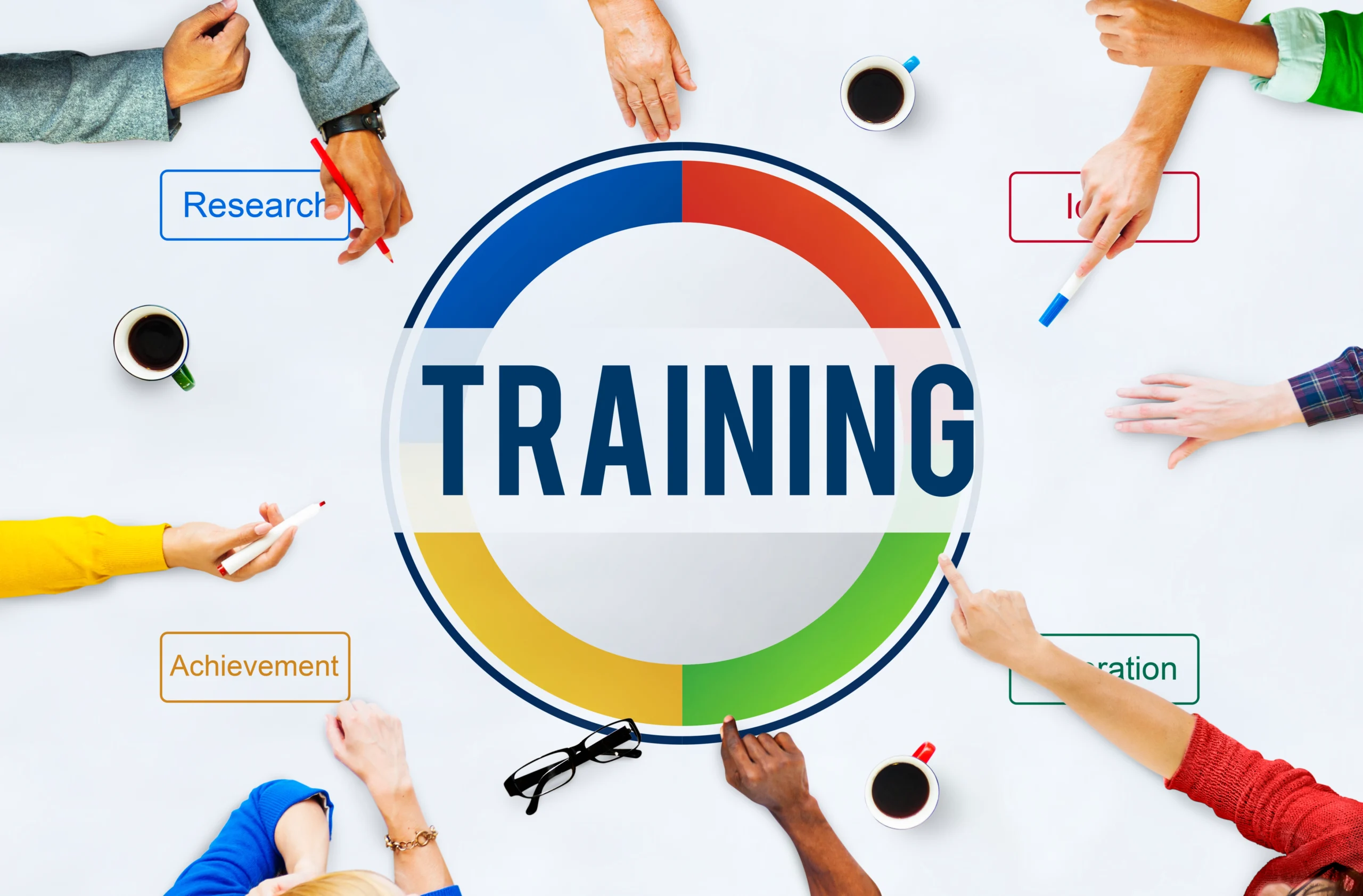Incorporating trivia into corporate training programs can be a highly effective way to engage employees, reinforce learning, and create a more dynamic training environment. Trivia games make the learning process interactive and enjoyable, which can lead to better retention of information. This article will explore various methods to integrate trivia into your corporate training programs, the benefits of doing so, and practical tips for successful implementation.
The Importance of Engagement in Corporate Training
Why Engagement Matters
Employee engagement is crucial for the success of any corporate training program. Engaged employees are more likely to absorb and apply the information they learn, leading to better performance and productivity. Traditional training methods, however, often fail to capture and maintain attention, resulting in low retention rates. This is where trivia games come into play, offering a fun and competitive way to keep employees involved.
The Role of Gamification in Learning
Gamification in corporate training involves using game-like elements such as points, leaderboards, and rewards to make learning more appealing. Trivia is a simple yet powerful form of gamification that can transform mundane training sessions into exciting challenges. By adding trivia quizzes at various stages of the training, companies can maintain high levels of engagement and encourage employees to actively participate.
How to Integrate Trivia into Corporate Training Programs
1. Pre-Training Trivia Quizzes
One effective way to incorporate trivia is by starting training sessions with a pre-training quiz. These quizzes can assess employees’ existing knowledge on the topic and serve as an icebreaker. They also help trainers identify knowledge gaps and tailor the session accordingly. Pre-training quizzes set the tone for a lively and interactive session, making employees more eager to learn.
2. Interactive Modules with Embedded Trivia
Incorporating trivia questions within training modules can make the learning process more interactive. For instance, after presenting a key concept, you can introduce a trivia question to reinforce the learning. This method keeps employees alert and ensures that they are actively processing the information being presented. It also provides immediate feedback, helping employees understand what they’ve grasped and what needs further clarification.
3. Post-Training Trivia Competitions
Post-training trivia competitions are an excellent way to review and reinforce the material covered during the session. These competitions can be held in teams, fostering collaboration and a healthy sense of competition among employees. By offering small rewards for winning teams, such as gift cards or extra break time, companies can incentivize participation and effort.
4. Online Trivia Platforms
With the rise of remote work, online trivia platforms have become increasingly popular. These platforms allow companies to conduct trivia games virtually, making it easy to engage employees regardless of their location. Online trivia can be integrated into e-learning modules, webinars, or virtual meetings, providing flexibility in how training is delivered.
5. Themed Trivia Events
Themed trivia events can be a fun way to align corporate training with specific business goals or company culture. For example, a trivia event centered around company history, values, or products can reinforce brand identity and instill a sense of pride among employees. Themed events can also be used to highlight industry-specific knowledge, ensuring that employees stay informed about the latest trends and developments.
Benefits of Using Trivia in Corporate Training
Enhanced Knowledge Retention
Trivia games encourage repetition, which is key to retaining information. By repeatedly testing employees on key concepts through trivia, companies can ensure that the information sticks long after the training session has ended.
Increased Participation and Motivation
Trivia adds a competitive element to training that can increase participation. Employees are more likely to engage with the material when they know there’s a chance to win something, even if it’s just bragging rights. This increased participation often leads to higher motivation levels, as employees are driven to perform well in trivia games.
Team Building and Collaboration
Trivia games, especially those that involve team competitions, promote collaboration and strengthen team dynamics. By working together to answer trivia questions, employees build communication and problem-solving skills that are valuable in the workplace.
Immediate Feedback and Assessment
One of the biggest advantages of incorporating trivia into training is the ability to provide immediate feedback. When employees answer trivia questions, they receive instant confirmation of whether their answer was correct. This immediate feedback helps reinforce learning and allows trainers to assess the effectiveness of the training in real-time.
Tips for Successful Implementation
Tailor Trivia to Your Audience
To maximize the effectiveness of trivia in training, it’s important to tailor the questions to your audience. Consider the knowledge level, job roles, and interests of your employees when designing trivia questions. This ensures that the trivia is relevant and challenging, but not so difficult that it becomes frustrating.
Use a Variety of Question Formats
Mixing up the types of trivia questions can keep the experience fresh and engaging. Consider using multiple-choice questions, true/false statements, and even image-based questions. Variety in question formats helps cater to different learning styles and keeps employees on their toes.
Keep It Short and Simple
While trivia can be a powerful training tool, it’s important not to overdo it. Keep trivia sessions short and focused to avoid overwhelming employees. A few well-placed trivia questions can be more effective than a long, drawn-out quiz.
Offer Incentives
Offering incentives for participating in trivia games can boost engagement. These incentives don’t have to be extravagant—simple rewards like recognition in front of peers, small prizes, or additional break time can be highly motivating.
Conclusion
Incorporating trivia into corporate training programs is an innovative way to enhance engagement, improve knowledge retention, and make learning enjoyable for employees. By integrating trivia into different stages of training—whether it’s through pre-training quizzes, interactive modules, or post-training competitions—companies can create a dynamic learning environment that not only educates but also entertains. With careful planning and execution, trivia can become a valuable tool in your corporate training toolkit, driving better outcomes for both employees and the organization.



